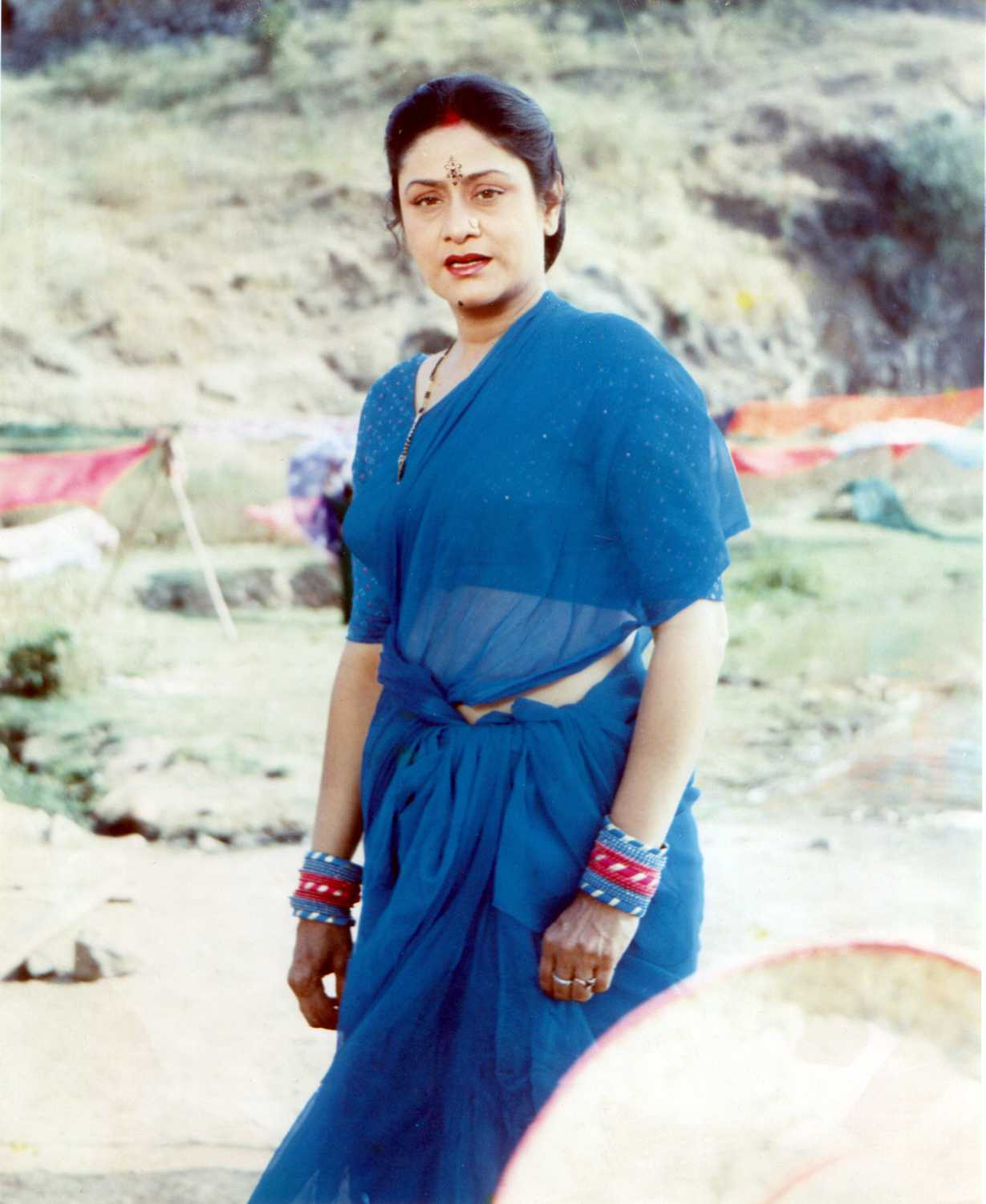Indra Kumar's 1992 film had more than Madhuri Dixit's sensuous 'dhak dhak' going for it. Beta was a film that broke one of the most sacred stereotypes of Indian cinema — the mother. On the 25th anniversary of the film's release today (3 April), we examine the pioneering aspects of a cliched stereotypical film.
How Anil Kapoor's Beta turned the filmi 'maa' stereotype upside down
Mumbai - 03 Apr 2017 14:00 IST
Updated : 04 Apr 2017 10:15 IST


Shriram Iyengar
There is nothing new in Indra Kumar's Beta (1992). As a film, it is a masala entertainer filled with all the gender tropes in place. Except in reverse. On its release, the film became a huge hit. It won all three major Filmfare Awards that year, with Aruna Irani winning the Best Supporting Actress to complement Anil Kapoor and Madhuri Dixit's Best Actor and Best Actress. For a film named 'beta' (son), director Kumar's theme was all about the mother.
The story of a motherless orphan who seeks to find love in a manipulative woman, Beta was fuelled by the power of its female characters. In many ways, it was the counterpoint to the masochistic 1990s decade. While the beginning of the film might seem a little too cliched, it is the arrival of its heroine that changes it all. Playing Saraswati, Dixit is the bolt of lightning that hits Raju (Anil Kapoor). Yet, the film belongs in its entirety to Irani who plays the machiavellian stepmother.
In one of her finest roles, Irani turned the iconic portrayal of film 'maa' upside down. Playing the machiavellian gold digger who induces an inferiority complex in her son, while ruling the rest of the household with an iron fist, Irani matches up to the standards of evil mothers set by Lalita Pawar. Incidentally, Irani was not even the first choice for the film. It was only after Kumar failed to convince the A-list actresses that he approached his sister, Irani, for the role. It proved to be the masterstroke that holds up the film.
While the 1990s was known for kind, adorable mothers like Reema Lagoo and Farida Jalal, Irani's Laxmi Devi is impossible to forget. An iconoclastic role, she goes to the sacrilegious extent of murdering her innocent son. There is little redemption for the character till the last scene, and even when it arrives, it feels like a betrayal.
The other most powerful woman in the film is, undoubtedly, Dixit. As the counterpoint to Irani's domineering mother, Dixit plays Saraswati, the educated woman who teaches Raju to be independent.
From the first scene of her introduction, Saraswati is a feminist icon. In fact, one scene of the film, where the villagers accuse Raju of betraying Saraswati's honour deserves special mention. In the scene, it is Saraswati who takes charge defending her own honour, and that of Raju, by asserting his innocence. She even goes on to kick some goons, when they try to beat him up. It almost seems sad that the film is remembered mostly for her uber sensuality in the song 'Dhak Dhak Karne Laga'.
The rest of the film consists of the duel between the stepmother and the spunky daughter-in-law. Unlike the stereotypical Indian film where the battle is more conniving, the duel in Beta is a political one. The constant exchange of wits and dialogue makes for an interesting combination. So much so that the presence of men feels like an aside to the film. If there is one takeaway from the battle, it is the extent of the mother's ambition to maintain power, even at the cost of her children.
For an actress who made her debut as lead opposite Amitabh Bachchan in Bombay to Goa (1972), Irani never got her due in Hindi cinema. She was often assigned to play the vamp, evil sister, or later, mother in films. With Beta, she delivered a performance of controlled rage that makes an ordinary film worth watching.




